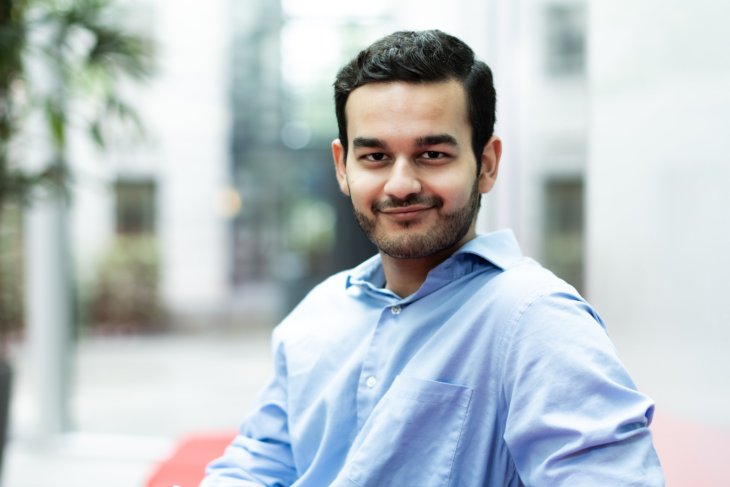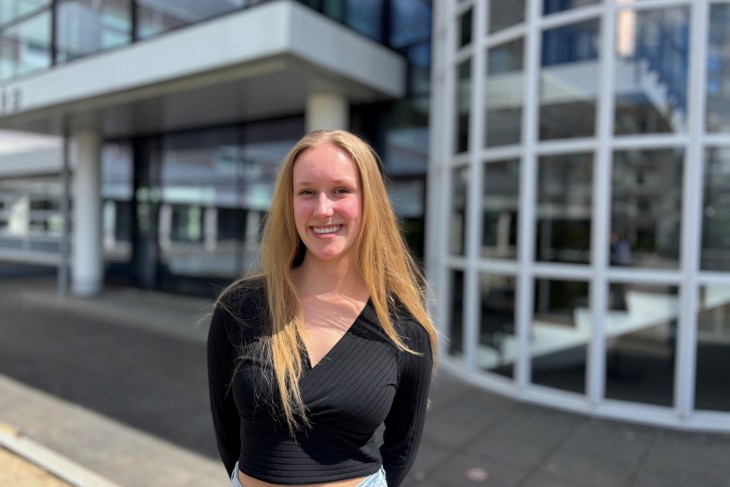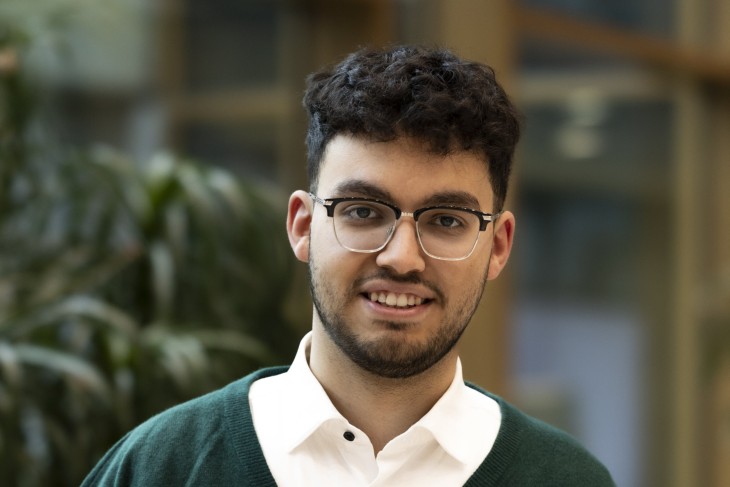“I discovered my love for chemistry in high school: it was cool to see how different substances reacted and changed. After applying to universities in various countries, I chose the Netherlands because of its strong emphasis on engineering and sustainability. The University of Twente stood out for its research on carbon capture technologies: research groups here are looking into converting CO2 from the atmosphere into products like methanol, which can be used as fuel. That’s very sustainable!
During my Bachelor’s in Chemical Science & Engineering at the University of Twente, I explored process engineering and materials science, and that’s how I found my passion in process engineering. There is so much potential in it: I love the challenge of optimising processes in a chemical plant while minimising environmental impact. That’s why I decided to continue with the Master's in Chemical Science & Engineering and specialise in this area.
My specialisation
The programme offers three specialisations, and I chose the specialisation in Chemical & Process Engineering, where I’m learning to improve production processes. For example, in the production of plastics, as a process engineer, you need to control the entire operation: you need to ensure the process runs safely. If, for example, the plastic contains many impurities, you need to find out why and fix it to make sure the final product is up to standard.
Additionally, I’m learning to make chemical processes more eco-friendly. For instance, I'm exploring ways to produce bio-methanol by using biomass instead of fossil fuels. Biomass can be turned into bio-methanol, which is basically the same as regular methanol, but because it's made from biodegradable sources, it leads to fewer emissions. This bio-methanol is a promising sustainable transportation fuel.
Practical problem-solving
What I enjoy about the programme is that I’m learning by doing. In the course Process Plant Design, I’m working on a project for a big German agrochemical company to make their fertiliser production more eco-friendly, reducing the overall carbon footprint. Right now, they use fossil fuels to produce alcohol, which is an ingredient in their fertilisers, and my role is to help them switch to a greener method by using bacteria to turn glucose into alcohol.
It's pretty challenging to design an entire chemical process from scratch. My team and I are looking into ways to separate different substances, using computer simulations to see how everything works, and we’re doing a lot of calculations to keep track of the amounts of materials and energy used. We’re even creating computer models of reactors, the parts where chemical reactions happen, to see how they behave over time and ensure they're safe. It's amazing to see how our models can predict what might happen in real life. We're also estimating the carbon footprint and costs. The best part is that we're going to present our work at the company's headquarters in Germany.
Student life
It’s important to balance the demands of studying with some fun and relaxation. That’s why I’m involved in our study association Alembic, where we plan various activities for master's students. For instance, we organise trips to European cities to explore new places and arrange a lot of fun activities like barbecues, races, and company excursions. The company visits are awesome because we tour chemical plants and learn about their processes. For example, we’re visiting a company next week to learn about safety measures we can implement in our projects.
As for the future, I’m still figuring out my next steps. A PhD is definitely an option, but I'm also considering working at a chemical plant where I can solve real-world problems.”




